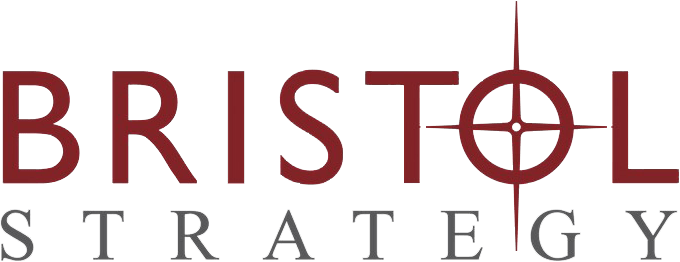When you’re asked what your nonprofit’s most valuable asset is, you might name off a couple different software solutions or even some expensive property you own. However, in reality, your most valuable asset is your team.
Your nonprofit’s staff members are the ones who help you raise funds, carry out your programming, and ultimately work toward your mission.
No matter how big or small your team is, this is where you should focus your attention and efforts if you want to ensure a productive organization. As you’re looking to hire new staff members to join your fundraising team, keep in mind the importance of choosing the best candidate. By putting in a little extra effort upfront, you can reduce your organization’s employee turnover rate and get more from your team members.
We recommend looking for the following awesome qualities in your fundraising team:
Keep in mind that there are skills you can teach your team members through various nonprofit courses and development opportunities. But there are other skills that are harder to teach and need to come naturally to members. Those hard-to-teach skills are the ones you should look for during the hiring process.
1. Passion for Your Mission
One thing that you definitely can’t just teach is how to have a passion for your mission. However, it’s those who are passionate about your mission who will have the most motivation to help it succeed.
Consider the following situation:
You hire two individuals to work as a part of your fundraising team. One of them has an incredibly impressive resume, having worked at other nonprofits in the past and with plenty of development experience. The second has less experience, but has a deep rooted connection and passion for your mission.
Who has a better chance of success?
While the first person might make an impressive staff member for a little while, if they don’t develop a passion for your mission, they’re unlikely to last very long at your organization. The second person has the drive for personal and team success, understanding that they want to make the greatest impact as possible for the mission most important to them.
When you hire someone with passion for your mission, you can help them develop their other skills along the way to become the best fundraisers they can be.
Plus, according to The Nonprofit Leadership Alliance’s professional development guide, offering these professional development and skills building opportunities can increase engagement and encourage your staff members to stick around for longer. The same guide explains that 91% of Gen Z employees cite professional development as an important factor when choosing an employer.
When it comes to hiring your fundraising team, you can teach your staff members to become great fundraisers, but you cannot teach them to have a passion for your cause.
2. Storytelling Skills
One of the best tools that nonprofit professionals can use to raise funds is storytelling. People pay attention to stories. Your audience relates to story characters and engages in the story’s events, helping them develop feelings toward your mission and ultimately take action to get involved.
Re:Charity’s storytelling guide provides the following image to explain why storytelling is so impactful on the human brain:
As you can see, storytelling is a key component to communication and persuasion, resulting in natural coupling, a release of dopamine in the brain, mirroring, and activation of cortex activity.
Choose individuals with a natural inclination to this type of communication.
Keep in mind that they don’t have to be perfect right off the bat. You can help your new fundraising team members hone their strategies and become even better communicators, but having a natural ability to tell stories will get these team members off on the right foot.
During the hiring process, you might ask your potential team members to give a presentation in which you act the part of a supporter and they work to cultivate a donation from you. Then, listen for these key elements of a good story:
- The hero. Sometimes, the hero of the story is your donor themselves. Other times, it might be the constituents who are making the best of the cards they’ve been dealt.
- The situation. The situation is the reason you’re raising money. Essentially, this is the reason your nonprofit exists and the context you’re working to change.
- The solution. This is how your organization will address the situation at hand. Specifically, it’s how the donor can help make the solution happen.
When potential employees come in with the basics of storytelling already under their belt, you can help them bring that potential to fruition, continuously improving their skills and ensuring they become better storytellers and fundraisers.
3. Interpersonal Skills
Fundraisers need to spend a lot of their time building and developing relationships with your various supporters. This means they’ll need to have the foundation for interpersonal skills and communication before joining your organization.
Your new hires should be able to network and enjoy being in situations where they:
- Mingle with potential supporters. They’ll likely attend events or be in meetings with prospects where they’ll need to start discussions and make them feel comfortable.
- Personalize discussions. Turning conversations back to the other person is a very specific skill that is necessary for effective interpersonal communications and for fundraising. Be sure your potential team members are able to keep the attention on the supporter during conversations.
- Show ample appreciation. Appreciation sets effective organizations apart from subpar ones. Make sure the fundraising staff members you hire are willing and able to go the extra mile in all relationships to show appreciation for contributions to your cause.
These relationship-building, interpersonal skills are necessary both as your fundraisers get started in their positions and for the future. If they want to take on any nonprofit management positions, they’ll need to have the abilities to interact well with external supporters and with other team members. Therefore, make sure you hire team-players for your organization.
4. Perseverance
In many ways, raising money is like being in sales. You’ll experience rejection from time to time in the position. However, it’s important not to let these rejections discourage or dissuade your fundraising team. That’s why you should be sure to hire someone with perseverance.
Perseverance will come in handy during two main scenarios:
- When your fundraising team has a bad day. It’s hard to keep going and continue asking for donations and building relationships when things don’t go well. But, it’s important to keep trying and continue pushing forward.
- When the individual fundraiser has a bad day. Even if your team is attracting a lot of donations, everyone has a bad day every now and then. It’s important not to get caught up in it and recognize that another good day will come along soon.
In your interview, try asking candidates about a time when they had to push forward and continue persevering even when times were tough. This strategy not only allows you to find people who identify themselves as being persevering, but also to gain a real life example of when it occurred.
5. Research Skills
One of the key elements of fundraising that is too often forgotten is research. Nonprofit fundraising professionals must conduct research about their potential supporters using both the donor database and outside sources of information.
This research helps them determine which supporters are prioritized, how much they should ask for, and strategies to approach those supporters and develop relationships. All of this can be done through the use of prospect research, which identifies the philanthropic and wealth indicators for contributing to various nonprofits.
Philanthropic indicators are those that represent a supporter’s affinity to give, while wealth indicators represent that supporter’s capacity to give. Together, these metrics help guide the actions of nonprofit fundraisers to help them make the most of every ask.
Some of the common campaign types that leverage additional donor research include:
- Major giving. Major gifts come from supporters with the most philanthropic and wealth indicators. They require a lot of cultivation, patience, and (yes) research to determine who your major contributors are and how much you can ask of them.
- Capital campaigns. Capital campaigns require your organization to create a gift range chart for the quiet phase of the campaign. After this is created, spelling out the number of gifts that you need at different giving levels to achieve your goal, you’ll need to know who to reach out to. Research helps you determine those individuals.
- Annual giving. Your nonprofit’s annual giving campaign is what keeps your wheels rolling during the day-to-day activities. By leveraging prospect research skills, your fundraisers can help you do more, reinvest in yourself, and grow the organization.
Like perseverance, when looking for research skills in your applicant pool, it’s a good idea to ask for an example of when someone leveraged research tools in the past. That way, you don’t just take their word for having effective skills, but also get an example of when they were able to show these skills in the past.
Once you’ve hired your team members, be sure to continue their growth and development at your organization. This helps keep these choice members around for the long-haul. Professional development opportunities such as nonprofit courses and other learning opportunities will help lower turnover rates, improve engagement, and increase efficiency at your nonprofit.
We were delighted to have Susan provide this blog to us, since her thinking is so well aligned with ours. We’re big fans of the ideal funder profile; we also strongly endorse hiring the ideal candidate!


